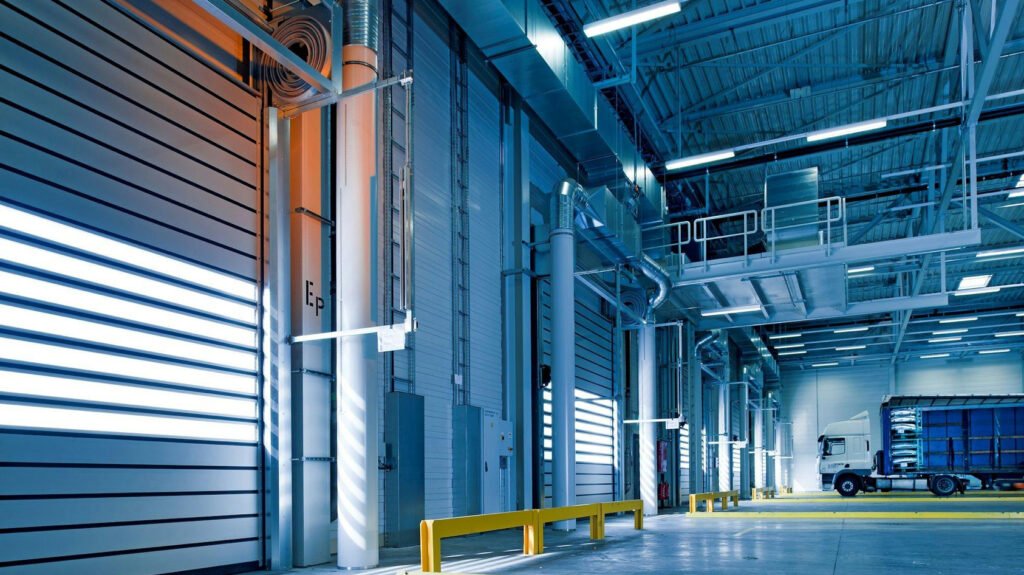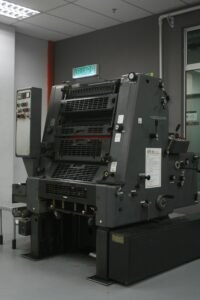As SMEs embark on their entrepreneurial journey, they might face extensive production challenges. Critical decisions must be made regarding the methods, MOQs and costing. Traditionally, bulk production has been the go-to approach for many manufacturers. However, in recent years, a paradigm shift has occurred, urging SMEs to explore alternative strategies.
In this article, let us discover why new SMEs should consider on-demand manufacturing over bulk production. We’ll explore the advantages, cost-effectiveness, and environmental impact of this approach.
Fabrication metal is at the core of what we do at Mechkonnect, offering top-tier metal fabrication services to meet the diverse needs of our clients. Whether you’re in need of fabrication of metal parts for machinery, or metal sheet fabrication for custom projects, our skilled team is equipped to deliver precision and quality. For those searching for metal fabrication near me or fabrication work near me, we provide local, reliable solutions designed to save time and costs. Trust Mechkonnect for all your fabrication metal needs—delivering durable, accurate, and cost-effective solutions for every project.
First, let us understand everything about SMEs.
What are SMEs?
SMEs, or Micro, Small, and Medium Enterprises, play a crucial role in shaping the Indian economy. These enterprises are defined based on their investment in plant and machinery (for manufacturing) or equipment (for services). The classification criteria vary across countries, but in India, the following thresholds apply:

Micro Enterprises:
Investment in plant and machinery: Up to ₹25 lakhs
Investment in equipment (services sector): Up to ₹10 lakhs
Small Enterprises:
Investment in plant and machinery: More than ₹25 lakhs but not exceeding ₹500 lakhs
Investment in equipment (services sector): More than ₹10 lakhs but not exceeding ₹200 lakhs
Medium Enterprises:
Investment in plant and machinery: More than ₹500 lakhs but not exceeding ₹1000 lakhs
Investment in equipment (services sector): More than ₹200 lakhs but not exceeding ₹500 lakhs
Nature of SMEs:
SMEs can exist in various industries, but they are more likely to be found in sectors requiring fewer employees and smaller upfront capital investments. Here are some common types of SMEs:
Manufacturing SMEs:
- Engaged in producing goods, such as textiles, food products, machinery, and electronics.
- Often innovative and adaptable due to their smaller size.
Service-Based SMEs:
- Provide services like consulting, IT, healthcare, education, and hospitality.
- Entrepreneurial and contribute significantly to employment.
Retail and Wholesale SMEs:
- Operate in trading, distribution, and retail sectors.
- Play a vital role in the supply chain and local markets.
Technology-Oriented SMEs:
- Focus on software development, digital services, and tech solutions.
- Drive innovation and contribute to India’s digital transformation.
Who Can Establish SMEs?
Any individual or group with an entrepreneurial spirit can establish an SME. Whether you’re a first-time entrepreneur, a family business, or a startup team, SMEs offer opportunities for growth and impact.
Scope of SMEs in the Indian Market
- SMEs create large-scale employment opportunities, especially in rural and semi-urban areas.
- They contribute to reducing unemployment and underemployment.
- SMEs contribute around 30% of India’s GDP and 45% of exports.
- SMEs drive innovation, adapt to market changes, and foster entrepreneurship.
- They are agile and responsive to customer needs.
- SMEs empower marginalized sections of society by providing livelihoods and economic independence.
Why SMEs should consider Manufacturing on demand?
There are multiple factors associated with SMEs considering on-demand manufacturing. Let us deep dive into each of them:
- Agility and Flexibility
Investing in bulk production requires substantial capital, storage space, and commitment to large quantities. However, new SMEs often lack these resources. On-demand manufacturing allows SMEs to produce goods as needed, adjusting production volumes based on market demand. This flexibility enables quicker responses to changing customer preferences and reduces the risk of excess inventory.
- Cost Efficiency
Bulk production involves high initial costs for raw materials, machinery, and storage. On the other hand, manufacturing on-demand minimises upfront expenses. SMEs can avoid overproduction, reduce waste, and allocate resources more efficiently. By producing only what’s necessary, they can optimize costs and maintain healthy profit margins.
- Customization and Personalization
On-demand manufacturing allows SMEs to cater to individual customer needs. Whether it’s personalized designs, specific sizes, or unique features, SMEs can tailor products without the constraints of bulk production. Customization enhances customer satisfaction and builds brand loyalty.
- Environmental Impact
Bulk production often leads to overconsumption of resources and generates more waste. On-demand manufacturing promotes sustainability by producing only what’s necessary. SMEs can adopt eco-friendly practices and contribute to a greener future.
For new SMEs aiming for efficiency, cost-effectiveness, and adaptability, on-demand manufacturing is the way forward.
MechKonnect: Your Reliable On-Demand Manufacturing Partner
MechKonnect understands the challenges faced by SMEs in sourcing customized parts for machinery and structures. MechKonnect connects industries with verified vendors specialising in fabrication, machining, casting, and 3D printing. Our extensive network ensures high-quality products that meet unique specifications. MechKonnect provides access to various manufacturing capacities. Whether you need a single unit or a thousand, we offer flexible payment options. Our manufacturing partners adhere to stringent quality standards. You can trust MechKonnect for precision and reliability. MechKonnect prioritizes data security throughout the manufacturing process. MechKonnect stands ready to simplify your production process and deliver customised solutions.
Embrace the future of manufacturing with confidence! Let us help you scale your SME.




